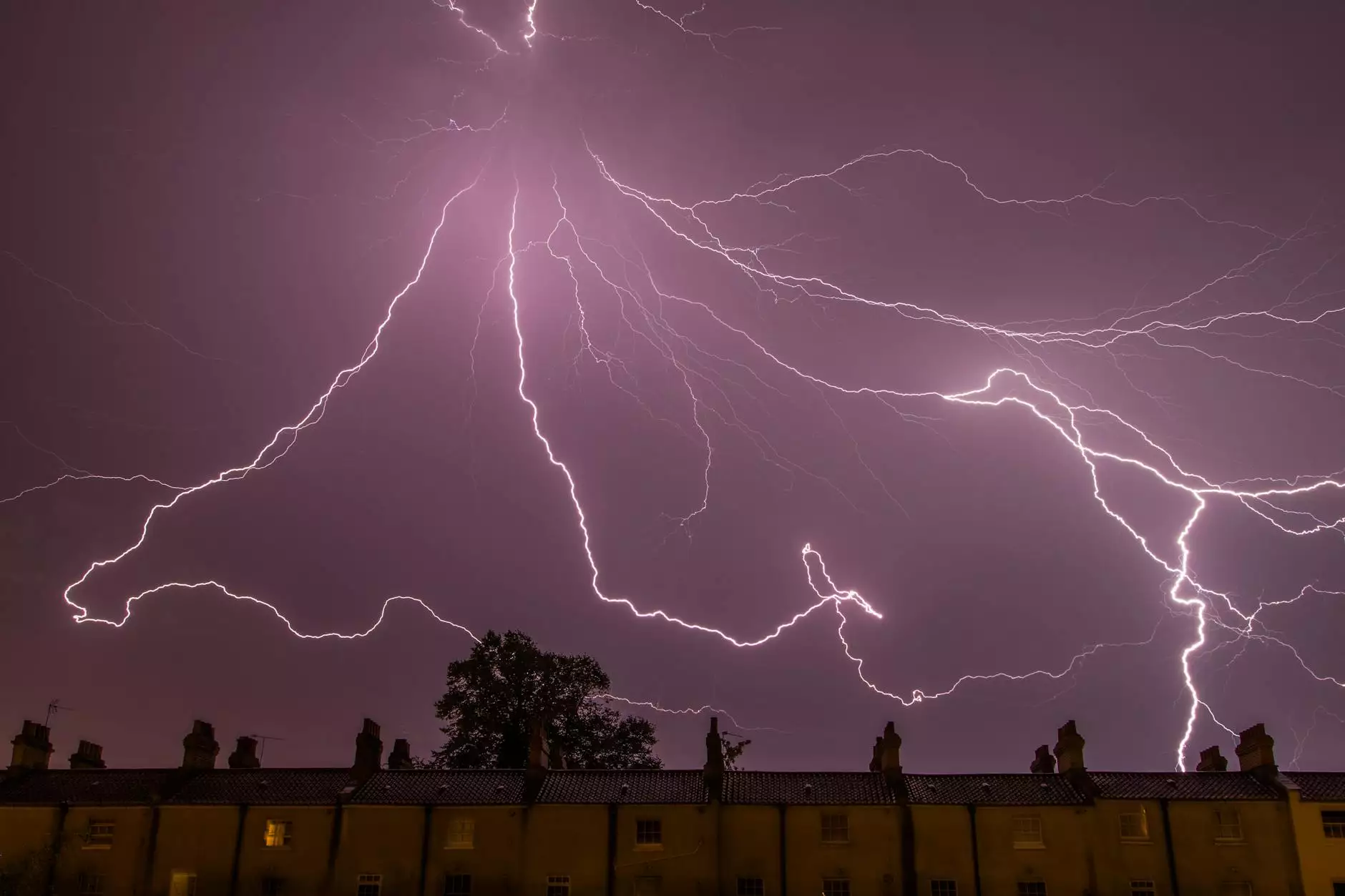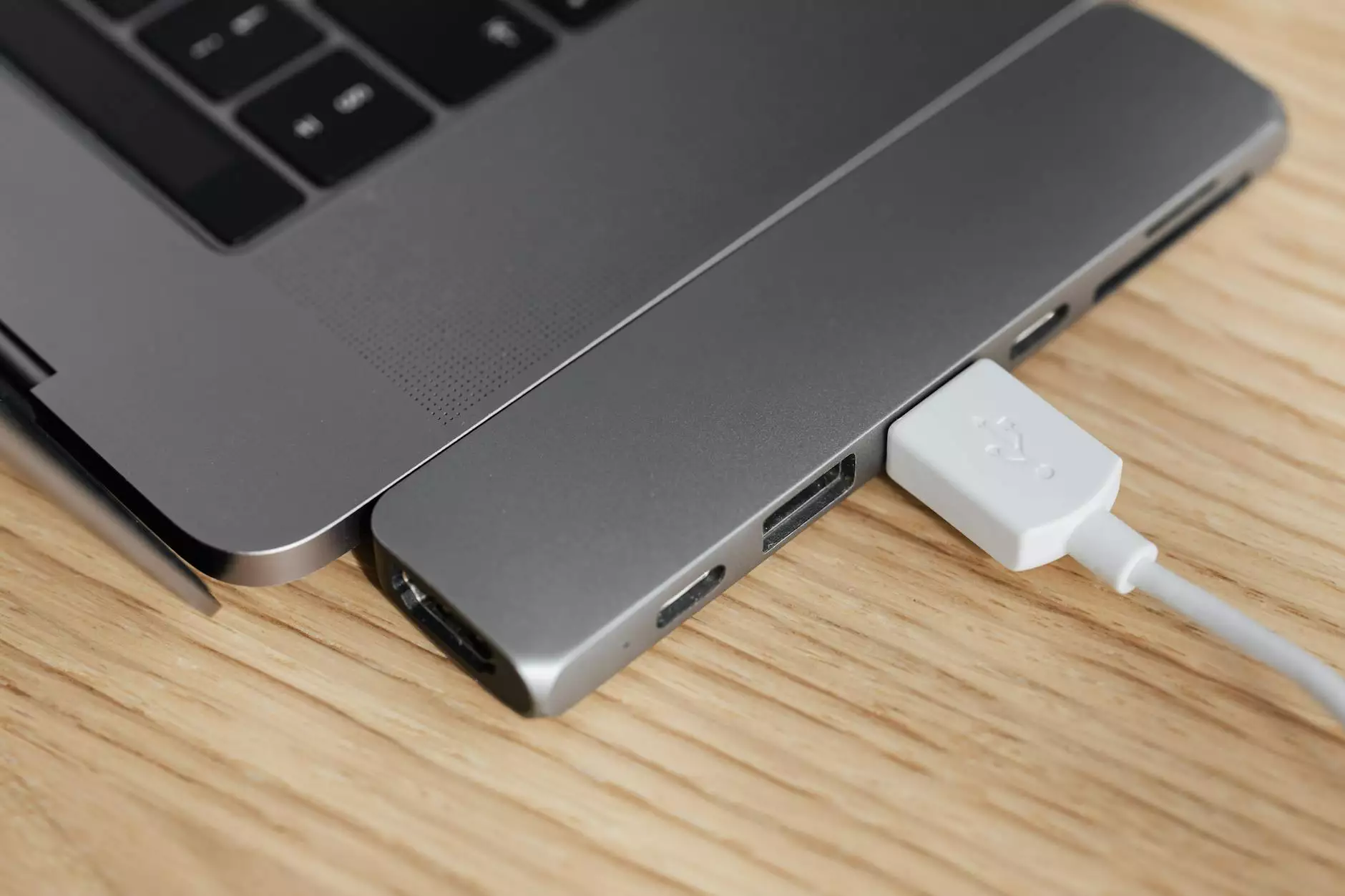Lightning Cable vs. USB-C: Charging Speed Comparison
Marketing
Lightning cable charge speed and USB-C vs. Lightning charging speed are hot topics in the tech world today. As a leading digital marketing company in the business and consumer services industry, Magna Social Media is here to provide you with all the essential information you need to understand the differences between lightning and USB-C charging speeds.
Understanding Charging Speeds
Charging speed is a crucial factor to consider when choosing a cable for your electronic devices. The lightning vs. USB-C charging speed debate often comes down to the technology behind these cables.
Lightning Cable Speed
The lightning cable, primarily used by Apple devices, is known for its fast charging capabilities. The proprietary technology allows for efficient power delivery, resulting in quick charge times for your iPhone or iPad.
USB-C Cable Speed
On the other hand, USB-C has become increasingly popular due to its versatility and faster charging speeds. Devices that use USB-C ports can benefit from rapid charging, making it a desirable option for many consumers.
Factors Affecting Charging Speed
Several factors can influence the charging speed of a cable, including the device's battery capacity, the power output of the charger, and the quality of the cable itself. When comparing USB-C vs. lightning charging speed, it's essential to consider these factors to make an informed decision.
Difference Between Lightning and USB-C Cables
While both lightning and USB-C cables offer fast charging capabilities, they differ in terms of compatibility and design. Lightning cables are proprietary to Apple devices, limiting their use to iOS products. On the other hand, USB-C is a universal port that can be found in a wide range of devices beyond Apple.
Choosing the Right Cable for Your Needs
When deciding between a lightning cable and a USB-C cable, consider your device compatibility and charging speed requirements. If you prioritize fast charging and versatility, a USB-C cable may be the ideal choice. However, if you are an Apple user and value seamless integration with your iOS devices, a lightning cable could be the better option.
Conclusion
In conclusion, the USB-C vs. lightning charging speed debate boils down to personal preferences and device compatibility. By understanding the differences between these two technologies, you can make an informed decision when selecting a cable for your electronic devices.
For more insights on digital marketing strategies and tech-related topics, stay tuned to Magna Social Media's blog for the latest updates and industry trends.



